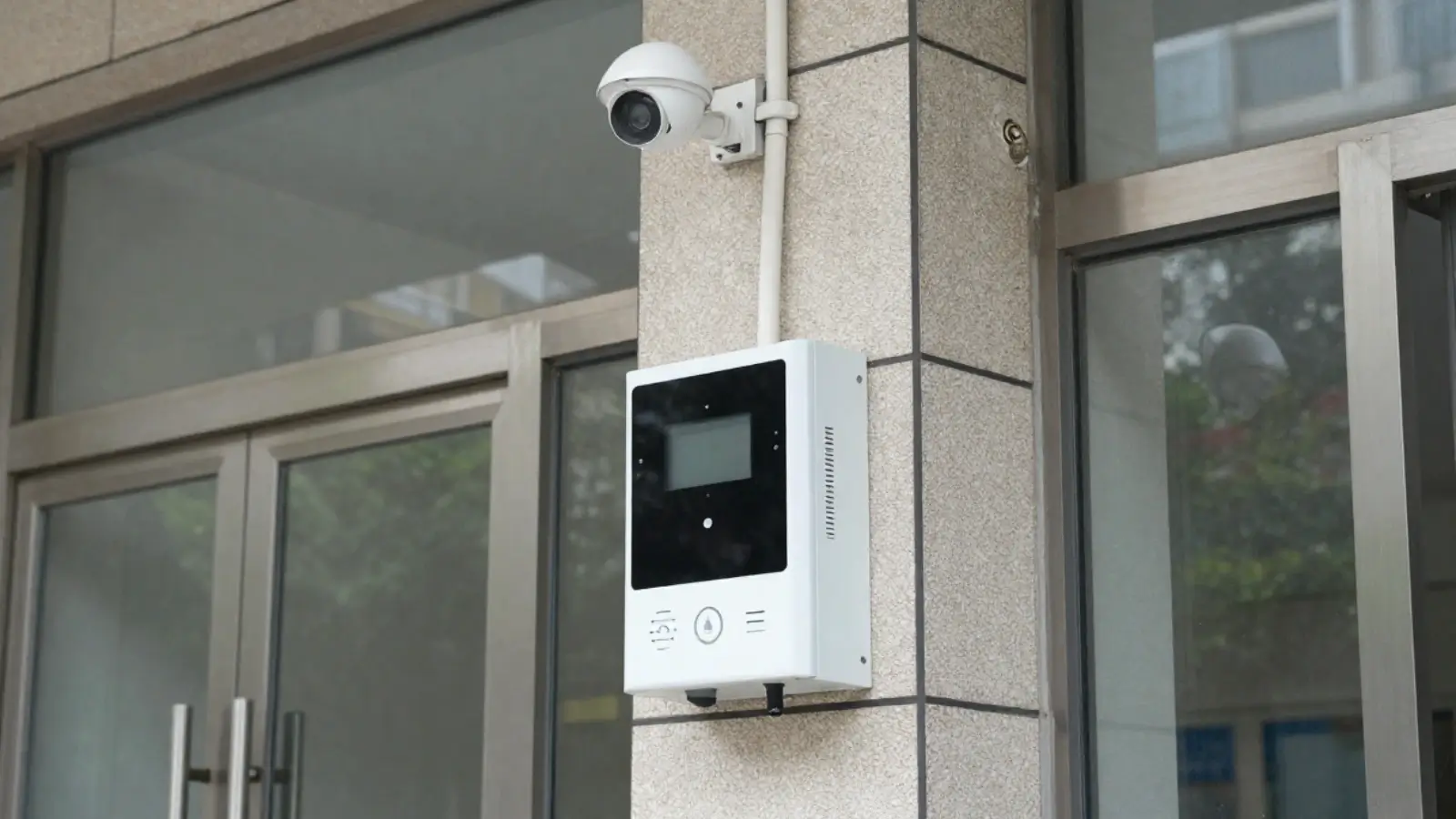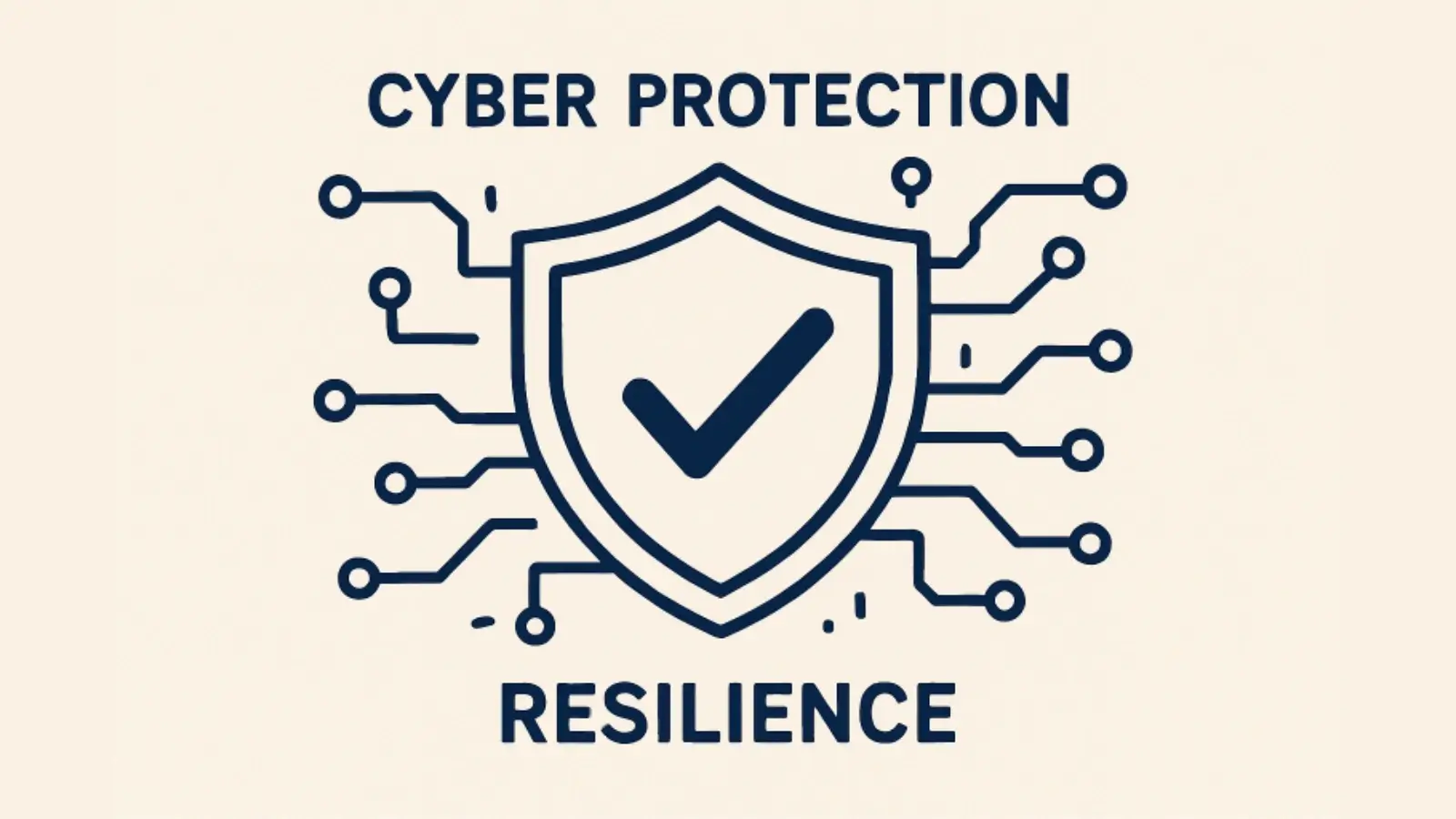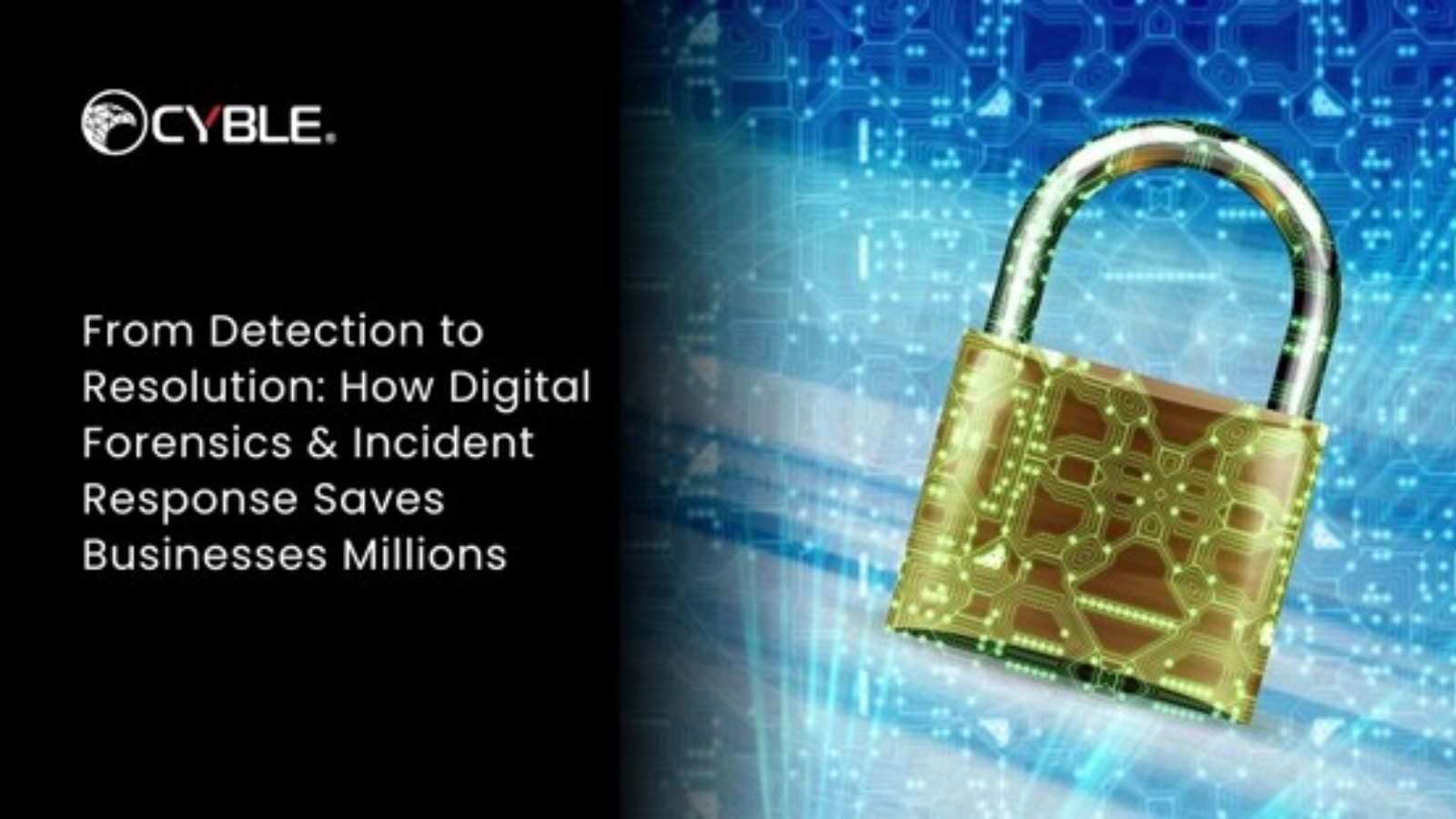In the evolving landscape of digital threats, safeguarding the sanctity of an organisation's data is more critical than ever. As cybercriminals continue to hone their skills, businesses must stay a step ahead to protect their assets and maintain customer trust. One of the tools at the disposal of companies seeking to fortify their data security is Security Information and Event Management (SIEM). More specifically, managed SIEM solutions offer a proactive approach to cybersecurity.
Understanding Managed SIEM Solutions
At its core, SIEM technology provides real-time analysis of security alerts generated by applications and network hardware. The management aspect adds a layer of expertise, with specialists overseeing the SIEM operations, ensuring that potential threats are not just identified but also addressed promptly. Managed SIEM services include setup, maintenance, and ongoing management, relieving businesses from the burden of continuous monitoring and complex cybersecurity management.
The Importance of SIEM in Cybersecurity
Integrating SIEM into your cybersecurity strategy is essential because it helps to consolidate and analyse the vast amounts of data generated by different sources across your IT environment. This analysis is invaluable in detecting unusual patterns that may signify a security incident, enabling quicker response times and mitigating potential damage from breaches or attacks.
Threat Detection and Response
One of the most significant benefits of managed SIEM solutions is enhanced threat detection and response. With a team of professionals dedicated to monitoring your network, potential threats can be identified and neutralised with greater efficiency. The ability to respond rapidly to threats minimises downtime and the potential impact on business operations.
Compliance and Regulatory Obligations
Many industries have stringent regulatory requirements regarding data protection and privacy. A Managed SIEM helps ensure compliance by providing a documented trail of data access and system activity, critical for audits and meeting regulatory standards.
Cost-Effective Security Management
Operating a full-fledged SIEM system internally can be resource-intensive and expensive. By outsourcing to managed SIEM solutions, businesses can leverage the expertise of cybersecurity professionals without the need for extensive in-house teams or investment in complex infrastructure.
The Workings of a Managed SIEM Service
A managed SIEM service encompasses a multitude of tasks. It starts with the configuration of the SIEM to align with the specific needs of the business. This is followed by continuous monitoring and analysis of the company's network, 24/7. The service providers also maintain logs, generate reports and provide insights that help businesses understand the nature of the threats they face.
Key Features of Managed SIEM Services
To maximise the effectiveness of a managed SIEM service, several key features should be present. Real-time monitoring and event log management are essential components that ensure an up-to-date view of the network's security status. Advanced analytics plays a pivotal role in sifting through high volumes of data, identifying trends, and isolating anomalies.
Incident response capabilities are also integral, so when a threat is detected, swift actions can be taken to rectify the situation. The inclusion of compliance reporting means businesses can readily demonstrate their adherence to necessary regulatory standards, a must-have for many sectors.
The Selection Criteria for Managed SIEM Providers
When selecting a managed SIEM provider, certain factors should be considered. The expertise and experience of their personnel, the comprehensiveness of their service offerings, and the scalability of their solutions to accommodate business growth are all important. Furthermore, the provider's capacity to customise their solution to align with specific business requirements is essential for the most effective cybersecurity support.
Integration with Your Existing IT Infrastructure
A crucial aspect of deploying managed SIEM solutions is ensuring they integrate seamlessly with your current IT infrastructure. This includes compatibility with existing hardware, software applications, and any specific cloud services being utilised by your business. A robust SIEM solution should enhance your current security measures, not complicate them.
Managed SIEM as Part of a Comprehensive Cybersecurity Strategy
While managed SIEM provides a robust framework for security monitoring and response, it should not be the sole line of defence. It is most effective when integrated into a broader cybersecurity strategy that includes other elements such as firewalls, intrusion detection systems, and regular security training for staff.
The Future of SIEM in Business Cybersecurity
The future of SIEM lies in the increasing sophistication of its capabilities. Advancements in machine learning and artificial intelligence will enable even more precise detection of irregularities, analysing vast datasets in a fraction of the time it takes using traditional methods. Additionally, as cloud infrastructures continue to grow, the role of SIEM will evolve to address these environments specifically, offering cloud-centric security solutions.
Conclusion: The Indispensability of Managed SIEM Solutions
In the digital era, businesses must remain vigilant about cybersecurity. With the threat landscape expanding and evolving daily, a robust defence mechanism is critical. Managed SIEM solutions are a vital component of modern cybersecurity strategies, offering high-level protection, compliance support, and real-time threat management. By entrusting this complex area to specialists, businesses can focus on growth and innovation, secure in the knowledge that their data and IT infrastructures are under vigilant protection.
Businesses seeking to strengthen their cybersecurity posture should consider the value that managed SIEM solutions can bring. Not merely a tool but an entire support system, managed SIEM solutions safeguard against cyber threats, ensuring business resilience in the face of challenges.

















